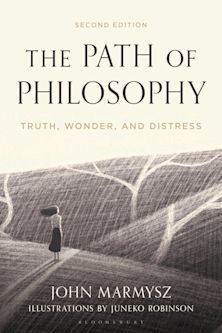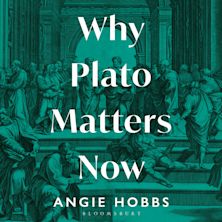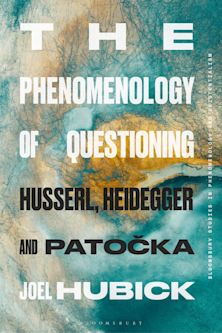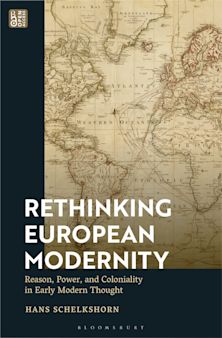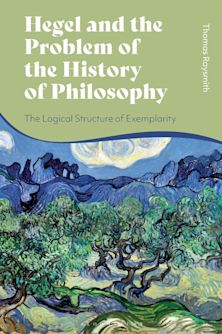Cybernetics and the Origin of Information
Cybernetics and the Origin of Information
Description
One of the lost classics of French philosophy, Cybernetics and the Origin of Information has never before been published in English. Raymond Ruyer—who was a major influence on Simondon and Deleuze, among others—originally wrote this book, one of the first critiques of Norbert Wiener’s cybernetics program, in 1954. At once critical and analytical, it is a deep exploration of information theory, cybernetics, and the philosophical assumptions and implications of both. Among the themes covered in the book are the main types of information machines, information’s relationship to behavior and communication, and the nature of entropy and time in cybernetics. This translation contributes to understanding the rich history of cybernetics and the philosophy of information. A true hidden gem in the history of philosophical thought, this text will help readers understand foundational criticisms of ideas that have led to artificial intelligence.
Table of Contents
Ashley Woodward
Note on the Translation
Introduction
1. The Main Types of Information Machines
2. Framing Activities and Framed Mechanisms
3. The Space of Behaviour and Axiological 'Space'
4. Communication
5. The Origin of Information
6. Negative Anti-chance and Positive Anti-chance
7. Past-Future and Cybernetics
8. The Mixed Origin of Information
9. Summary and Conclusion (to the First Edition)
10. The Problems of Cybernetics in 1967
Notes
Bibliography
Index
About the Author and Translators
Product details
| Published | 19 Dec 2023 |
|---|---|
| Format | Ebook (PDF) |
| Edition | 1st |
| Extent | 242 |
| ISBN | 9798881872953 |
| Imprint | Rowman & Littlefield |
| Illustrations | 30 b/w illustrations;2 tables; 1 textboxes; |
| Series | Groundworks |
| Publisher | Bloomsbury Publishing |
Reviews

ONLINE RESOURCES
Bloomsbury Collections
This book is available on Bloomsbury Collections where your library has access.













